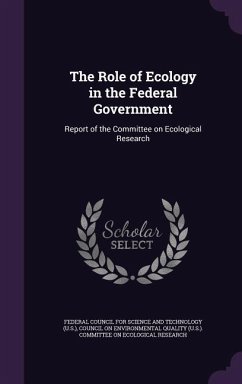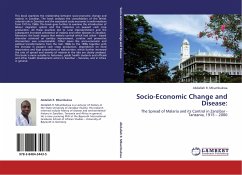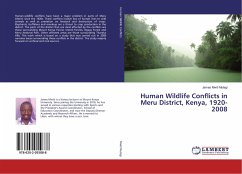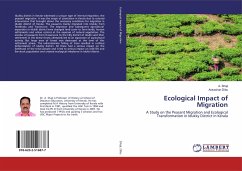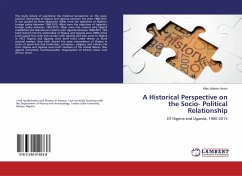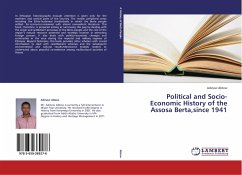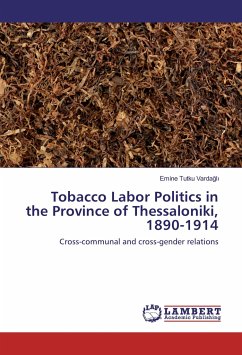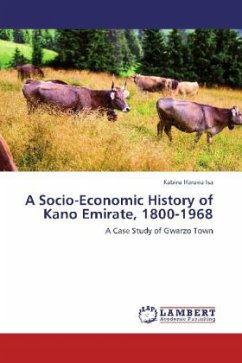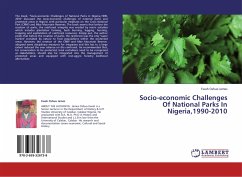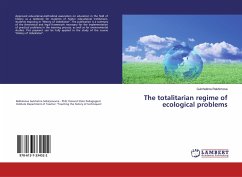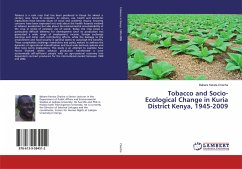
Tobacco and Socio-Ecological Change in Kuria District Kenya, 1945-2009
Versandkostenfrei!
Versandfertig in 6-10 Tagen
54,99 €
inkl. MwSt.

PAYBACK Punkte
27 °P sammeln!
Tobacco is a cash crop that has been produced in Kenya for almost a century now. Since its inception, its culture, use, health and economic implications have become issues of social and academic inquiry. Growing concerns have been expressed not only about the health hazards involved in tobacco production but also about the environmental unsustainability of the crop in terms of excessive use of wood. Today, the crop poses a particularly difficult dilemma for development since its production has generated a wide range of employment, income, foreign exchange earnings and other cash contributing e...
Tobacco is a cash crop that has been produced in Kenya for almost a century now. Since its inception, its culture, use, health and economic implications have become issues of social and academic inquiry. Growing concerns have been expressed not only about the health hazards involved in tobacco production but also about the environmental unsustainability of the crop in terms of excessive use of wood. Today, the crop poses a particularly difficult dilemma for development since its production has generated a wide range of employment, income, foreign exchange earnings and other cash contributing effects, while the damage to the environment and food security in general seems to outweigh the benefits. These complexities challenge researchers and policy makers to address the dynamics of agricultural intensification and local scale land-use systems and their long terms implications. This study is an attempt to examine how forces involved within tobacco production transformed a once economically self-sufficient people with an agro-pastoral economy into dependent contract producers for the international market between 1969 and 2002.



